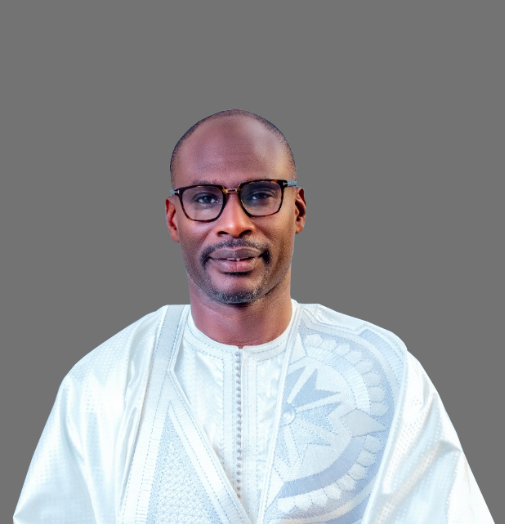
The European Union ambassador to The Gambia, Immaculada Roca Cortés, has confirmed that over 10,000 Gambians are facing deportation from European Union countries, but denied that mass deportations are taking place.
Reacting to a question on the number of Gambians facing deportation in Europe and the process of their return in an exclusive interview with The Standard recently, Ambassador Cortés said:”We are talking about over 10,000 Gambians, but when they will be returned depends on when they get papers to return.”
–
The ambassador strongly reiterated that current returns are not of the scale reported in some media, explaining that the actual numbers of returnees remain in the hundreds, not thousands. “There are no mass deportations of Gambians from Europe,” he said.
She said the EU is aware of the important role remittances play in Gambia’s budget, hence the need to work on legally regulated migration.
She emphasised the importance of addressing the root causes of migration to reduce the risk of dangerous journeys and revealed that to this end, the EU has invested a whopping €500 million (approx. 40.8 billion dalasi) in The Gambia since 2017.
“These monies have been invested in four main areas: governance, inclusive green economic development, Renewable energy/climate change/infrastructure and human development,” the ambassador said.
Constitution
Responding to a question on the country`s stalled constitution building process, Ambassador Cortés said this is a sovereign exercise of the Gambian people with the EU being just a partner and a friend. “We want to accompany a process that is owned and dictated by the Gambian people and where we will not be getting into content. What we would really like to see is a process that suits the country, so that ends up with constitution that is consensual and serves the citizens and one that that people will feel comfortable with,” She said.
She said the EU hopes that The Gambia will be able to have a constitution soon enough to be able to organise the next cycle of elections under a new constitution.
“But again, as I said, we are very conscious of the complexity of a transition and we are ready to continue supporting the process as long as the Gambian people allow us,” she concluded.



